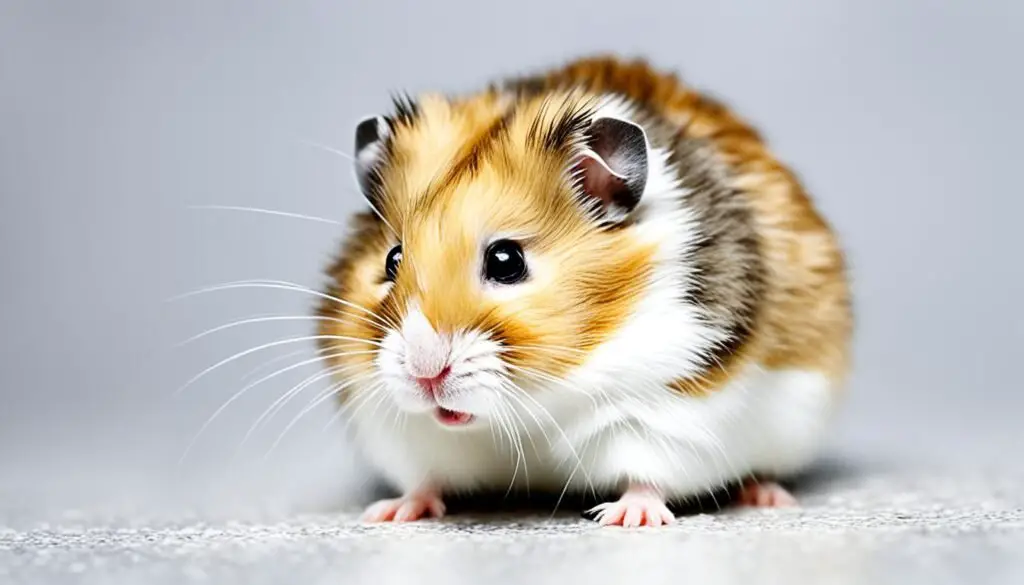Have you ever wondered why your beloved hamster passed away unexpectedly? Losing a pet can be a heartbreaking experience, especially when you’re left with unanswered questions. While it may seem like a mystery, understanding the reasons behind your hamster’s death is crucial to prevent future tragedies. So, why did your hamster die?
There are several factors that can contribute to the untimely demise of a hamster. From weak genes to diet-related issues, heat sensitivity, and susceptibility to diseases, it’s important to be aware of these factors in order to provide the best care for your furry friend and prolong their lifespan.
In the following sections, we will delve deeper into the common causes of hamster deaths, explore preventive measures for hamster health, and provide tips on how to cope with the loss of your hamster. Let’s uncover the truths and dispel the myths surrounding hamster deaths, so you can ensure the well-being of your furry companion.
Common Hamster Death Causes
Hamsters have a relatively short lifespan compared to other pets. On average, they live for 18-36 months. However, several health issues can lead to their untimely death.
Body deterioration is a natural process that occurs as hamsters age, causing gradual signs of old age such as slow movements, thinning fur, and decreased activity. Weak genes, especially in hybrid hamsters, can also contribute to shorter lifespans and increased susceptibility to disease.
Hamsters are also fragile creatures prone to injuries and infections. The wrong diet, high in fat or lacking essential nutrients, can lead to obesity, digestive problems, dehydration, and weight loss.
Additionally, hamsters are susceptible to diseases such as heart diseases, cancer, wet tail disease, and skin abscesses. Recognizing the signs of a sick hamster and providing timely veterinary care is crucial to their well-being.

Preventive Measures for Hamster Health
As a responsible hamster owner, there are preventive measures you can take to ensure the overall health and well-being of your furry friend. Creating a suitable habitat that closely mimics their natural environment is essential. Make sure their cage provides enough space for exercise and includes hiding spots that allow them to feel safe and secure. Maintaining a temperature-controlled and stress-free environment is also important, as hamsters are sensitive to extreme temperatures and excessive noise.
Another crucial aspect of hamster care is their diet. Providing them with a balanced and nutritious diet is key to their overall well-being. High-quality commercial hamster pellets should form the basis of their diet, supplemented with fresh vegetables and occasional treats. Offering a variety of foods ensures that they receive all the necessary nutrients while preventing nutritional deficiencies and obesity. Clean, fresh water should always be available for them to stay hydrated.
Regularly cleaning your hamster’s cage is essential to prevent the buildup of bacteria and odors. Hamsters are clean animals, and a dirty cage can lead to health issues. Additionally, keep a close eye on your hamster’s behavior and be proactive in addressing any signs of illness. Early detection and prompt veterinary care can make a significant difference in their well-being.
To promote your hamster’s longevity, take precautions to prevent injuries and infections. Providing soft bedding that they can burrow into and avoiding falls by placing their cage on a stable surface can help prevent accidents. Keep their environment clean and hygienic, as this reduces the risk of infections. Regularly sanitizing their toys and accessories is also advisable.
Coping with the loss of a beloved hamster is a challenging experience. Finding support from others who have experienced a similar loss can provide comfort and understanding during this difficult time. Additionally, you may find solace in memorializing your hamster, whether through creating a photo album, planting a tree in their honor, or writing a heartfelt tribute. Remember that grieving is a personal process, and it is essential to allow yourself time and space to heal.
